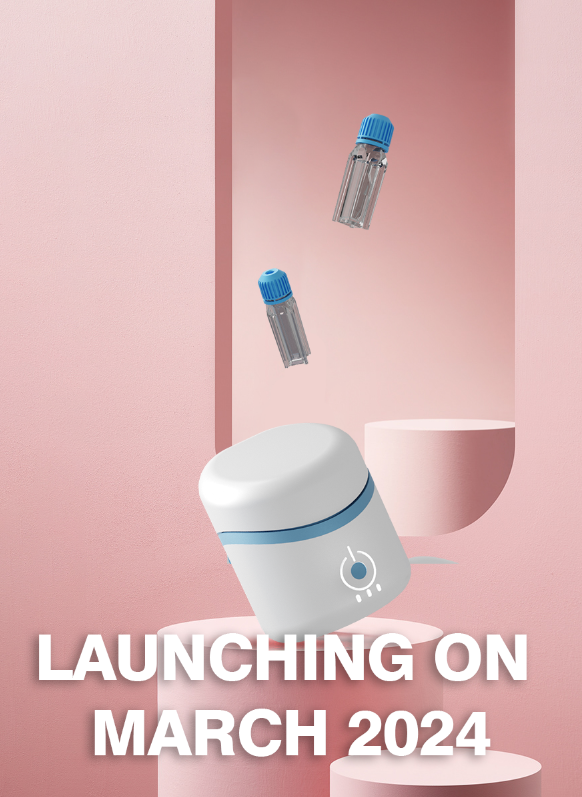
Understanding the Link Between Early Menopause and Kidney Health in Women
Navigating through the complexities of women's health, a recent study sheds light on a significant but often overlooked connection: the relationship between early menopause and Chronic Kidney Disease (CKD) in women. In a comprehensive analysis, researchers have begun to unravel how hormonal changes during early menopause might influence kidney function and overall longevity.
Early Menopause and Its Impact on Kidney Health:
Chronic Kidney Disease (CKD), a condition marked by a gradual loss of kidney function, affects millions worldwide, with a noticeable prevalence in the female population, especially those post-menopausal. Hormone disorders, a common occurrence in women with CKD, are not only a health concern but also a window into understanding the broader implications of hormonal health in women.
The study, utilizing data from the National Health and Nutrition Examination Survey (NHANES) spanning from 1999 to 2014, focused on post-menopausal women, diving deep into the nuances of how early menopause, both natural and surgical, correlates with CKD prevalence and mortality rates. The findings are compelling, highlighting that women experiencing early menopause, whether natural or through surgical means, have an increased risk of developing CKD.
Unraveling the Hormonal Puzzle:
The study didn't just stop at identifying the correlation. It went further to explore the hormonal landscape of women with CKD. The results were telling – women with CKD exhibited higher levels of luteinizing hormone and follicle-stimulating hormone, combined with lower levels of testosterone and estradiol compared to those without CKD. This hormonal imbalance opens up new discussions about the role of sex hormones in kidney health and disease progression.
The Broader Implications for Longevity:
But what does early menopause mean for longevity, especially for women with CKD? The study offers intriguing insights. Early surgical menopause was found to be a hazard factor for survival in women without CKD. However, this increased risk of mortality was not observed in the CKD group, suggesting a complex interplay between menopausal status, kidney health, and overall survival.
Conclusion :
While the study sheds light on critical aspects of women's health, it also opens up numerous questions. The intricate link between hormonal health, kidney function, and longevity requires further exploration. Understanding these connections not only helps in managing CKD better but also in improving the overall health strategies for women, especially during their post-menopausal years.

